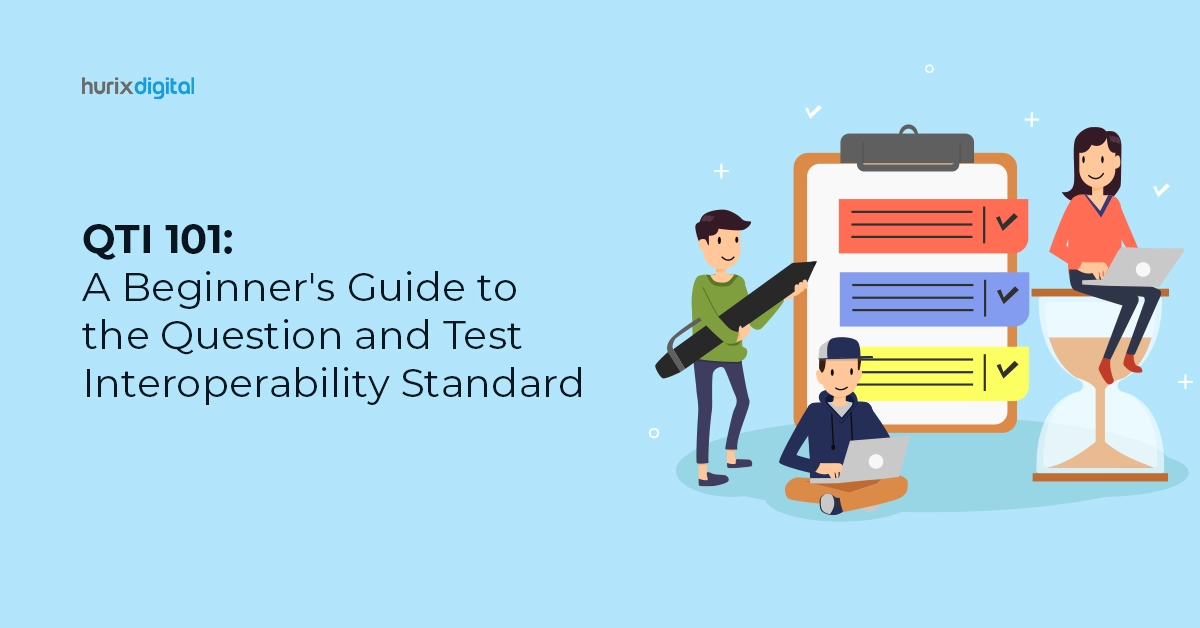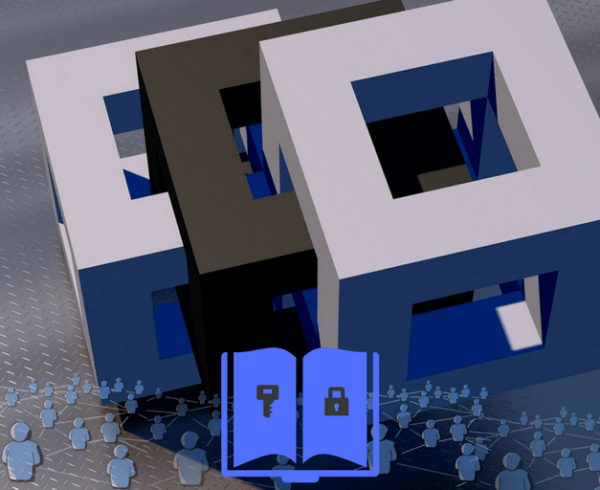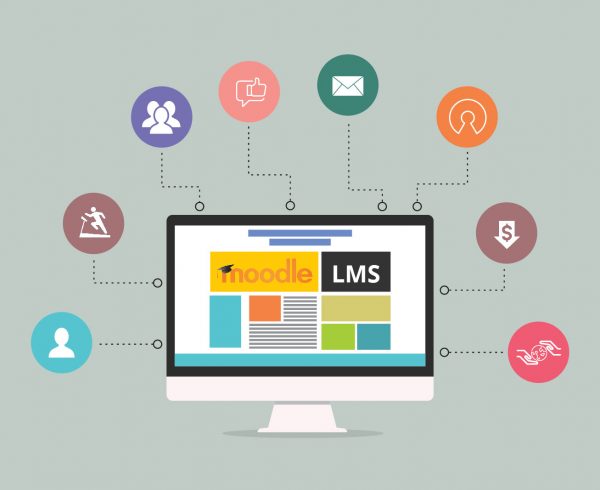Summary
This is a basic overview of the QTI standard. It is meant to help beginners understand how it works and how it can be beneficial to them.
The Question and Test Interoperability (QTI) Standard has been a game changer in the world of digital assessments. Introduced back in 1999, it aimed to enable organizations to exchange assessment questions and content particularly so in digital assessments.
It is the most widely used standard for marking up assessments, quizzes, and exams. At the most basic level, QTI is a ZIP file that contains quiz data in the XML form along with all of its associated multimedia content.
It enables communication and the exchange of assessment content across different platforms and systems, preventing a situation in which all your data is locked with specific vendors or incompatible formats.
In this guide, we take you through everything there is to know about the QTI standard to help you understand how it is revolutionizing the creation and distribution of assessments.
Table of Contents:
Key Components of QTI
There are three key components of the QTI standards. These include the following:
1. Data Model
The data model defines the framework or the structure of the assessment, including the questions, their respective answers, the scoring rules, and the overall metadata. In other words, it works as a blueprint for the creation of tests.
2. Packaging Format
The packaging format refers to how assessments are packaged and shared across systems and platforms.
3. Delivery and Scoring
The delivery and scoring protocols control how tests are delivered the the criteria based on which they are scored or calculated.
Also Read: Seven Best Practices for Sharing Interoperable Questions and Tests with Other Educators
The Benefits of QTI Standards
The QTI standards can be highly beneficial for teachers who regularly create assessments or even for stakeholders involved in designing curriculums. This is because QTI standards allow them to create assessments once and deploy them in a range of situations and formats.
Some of the key benefits of these standards are mentioned below.
1. Help Save Time and Money
The first benefit of the QTI standards is that they help teachers save a great deal of time, preventing them from having to convert questions for different formats.
As questions can be created once and deployed across a variety of platforms, it saves them a great deal of time and money that can then be spent on more constructive aspects of their roles.
2. They Help Boost Collaboration and Efficiency
The QTI standards enable the sharing of tests and questions with colleagues and stakeholders across other institutions. This allows you to bypass the restrictions set by the use of different Learning Management Systems (LMS) and assessment tools.
As a result, teachers across institutions can collaborate seamlessly, ensuring the same high standards of assessments across the board.
This, in turn, can boost efficiency, as teachers do not have to create different assessments from scratch and can use the same ones across a host of platforms despite different LMSs.
3. It Helps Enhance Accessibility
One of the distinctive features of the QTI standards is that they use key accessibility features that help ensure that students across all abilities can access assessments. This improves access to education for all students despite any physical inabilities they might have.
4. It Enables Personalized Learning
QTI also helps teachers create adaptive assessments based on individual student performance.
As a result, assessments can be personalized based on individual student’s strengths and weaknesses so they can improve their subject knowledge and retention with time.
5. Enabling Robust Data Analytics
QTI facilitates the recording of actional insights and data that enable teachers to offer students personalized learning based on their performance and achievement of their learning outcomes.
While it can capture data from individual items, it can also capture data across classes, schools, districts, and states. This data helps them contribute meaningfully to changes in curriculums in a manner that benefits both students and teachers.
6. Paperless Assessments
Another key benefit of QTI compliance is that it enables educational institutions to move away from paper-based assessments and swiftly transition into the use of digital assessments.
This can offer significant savings in terms of costs, time, and implementation. Additionally, it also facilitates cross-institution collaboration, as above.
What is QTI Compliance?
The primary focus of the QTI standard is the creation, delivery, and results of assessments. The objective is to maintain a testing ecosystem, the results of which inform LMSs, content authoring tools, item banks, and test delivery platforms.
As a result, it allows for daily instruction to seamlessly synchronize with the testing process, which is why QTI is also considered the gold standard in testing and interoperability.
The latest version, QTI 3.0, has introduced various features and functions that pertain to web accessibility to ensure students’ disabilities or circumstances do not hinder their access to high-quality learning and testing. This version is also equipped with certain tools that play a crucial role in connecting assessments to learning.
While there are several vendors in the market that claim to offer QTI compliance, however, the target for all vendors should be to secure IMS-certified QTI compliance as they are a lot more reliable and adhere to stringent IMS guidelines.
Also Read: Dictera AI Assessment Generators vs. Traditional Testing Methods: Which One is Right for You?
In Conclusion
QTI offers a sophisticated system of creating assessments in a manner that allows for them to be shared across platforms, institutions, and systems. The latest version, QTI 3.0, offers a host of features that further improve its abilities since its previous iteration while improving access to assessments.
If you are looking for educational publishing or assessment creation tools that adhere to the highest QTI standards, check out Dictera. This AI and ML-powered QTI tool seamlessly allows teachers to create assessments, collaborate in real-time, and derive data-driven insights on student performance.











